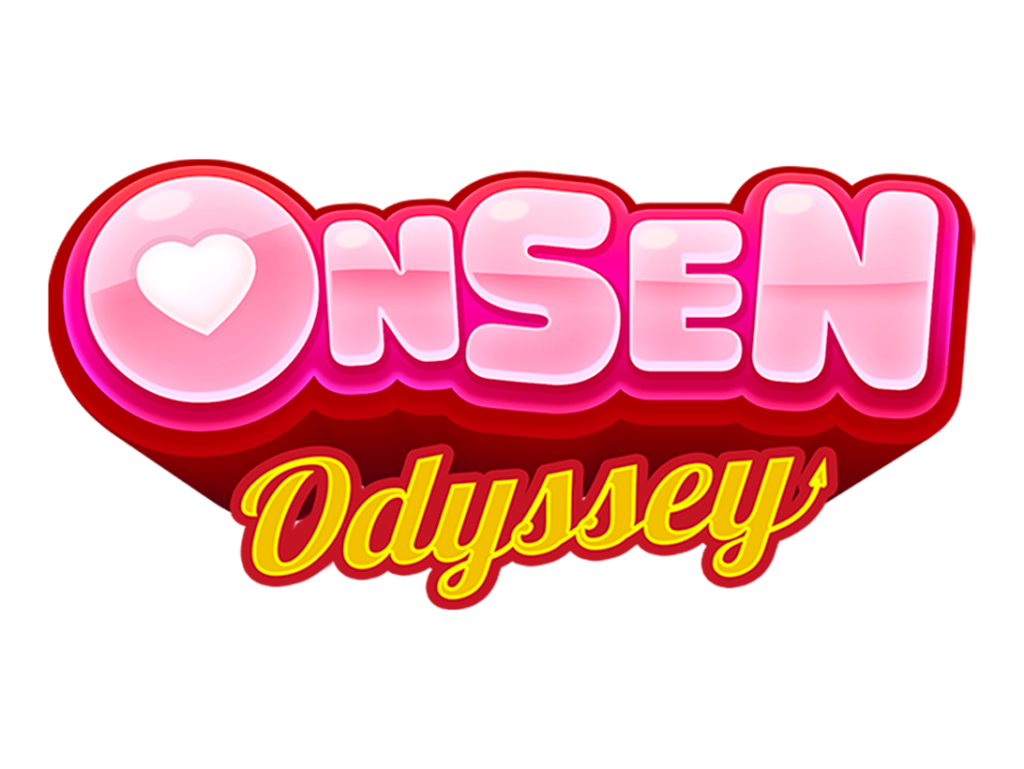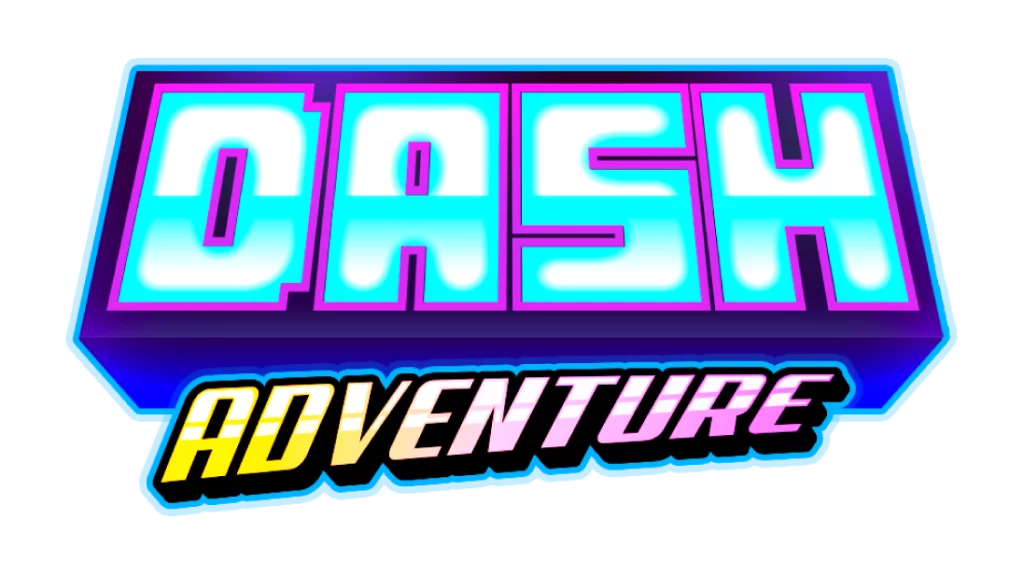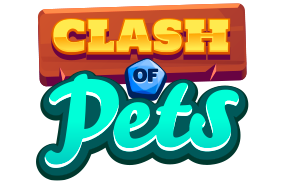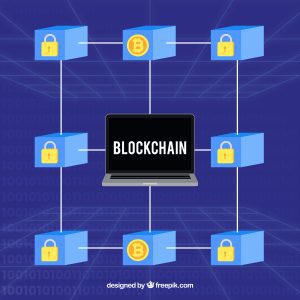The digital world is evolving, and with it comes a new era of connectivity and identity. Welcome to the age of blockchain domains, a revolutionary concept that’s reshaping how we interact online. Imagine a world where your online address is not just a string of characters but a unique digital identity. What is a blockchain domain, you ask? It’s a Web 3.0 digital identity that’s easily readable and memorable, unlike ordinary domain names. Let’s embark on a journey to explore this fascinating innovation that’s changing the face of the internet.
Understanding Blockchain Domains
The traditional Domain Name System (DNS) has served us well, but it’s centralized and controlled by specific entities. Enter blockchain domains, a decentralized alternative that’s built on distributed ledger technology (DLT). Unlike traditional domains, blockchain domains are minted on a blockchain, ensuring immutability and authenticity. This new approach offers a level of security and transparency that’s unprecedented, making it a vital part of the Web 3.0 landscape.
Blockchain domains are also known as “NFT domains” or “crypto domains.” They don’t belong to the conventional DNS but exist on blockchains like Ethereum and Polygon. This decentralized nature ensures that no single entity has control, providing a more democratic and secure way to manage online identities. It’s a groundbreaking shift that’s redefining how we think about online addresses.
The principles specific to blockchain domains, such as uniqueness and ownership, set them apart from traditional domains. Writing a blockchain domain to a blockchain like Ethereum corresponds to these principles, making them a valuable asset in the digital world. Whether it’s for financial transactions or digital marketing, blockchain domains are paving the way for a new era of online interaction.
Types of Blockchain Domains


Blockchain domains come in various extensions, each with its unique characteristics and applications. Here’s a list of popular extensions:
- .eth: Managed by Ethereum Name Service, it’s one of the most well-known extensions.
- .crypto: Offered by Unstoppable Domains, it bridges the gap between Web2 and Web3.
- .nft: A trendy extension for those involved in the Non-Fungible Token space.
- .wallet: Ideal for those looking to connect their domain name to various wallets.
- .blockchain: A universal extension that’s gaining popularity.
These extensions are more than just names; they represent a system of online identities and a market for trading these valuable assets. Users can buy, trade, and connect these domain names to multiple wallets across various blockchains. It’s a dynamic and exciting space that’s nurturing a new way of online interaction and identity.
Blockchain domain names are stored securely in users’ wallets, giving them full control and ownership. They can be used as usernames across blockchain applications, metaverse worlds, and decentralized apps (dapps). The rise of blockchain domains is not just a trend; it’s a fundamental shift in how we perceive and utilize online addresses. It’s a world of possibilities waiting to be explored.
How to Acquire a Blockchain Domain


Acquiring a blockchain domain is a unique process that combines technology and creativity. Unlike traditional domains, blockchain domains are minted on a blockchain, such as Ethereum, Polygon, or Solana. The first step is to find a platform that offers blockchain domain registration, like Unstoppable Domains or Ethereum Name Service (ENS). Once you’ve chosen a platform, you can search for the desired name and extension, such as coinary.crypto or mybusiness.eth.
After selecting the perfect name, the next step is to mint the domain. Minting is the process of writing the digital item to the blockchain, ensuring its immutability, uniqueness, and authenticity. Depending on the platform and blockchain, the minting process may require payment in cryptocurrency and additional gas fees. For example, securing mynameis.crypto might cost $40 on Unstoppable Domains.
Once minted, the blockchain domain is stored in the user’s wallet, providing complete ownership and control. It’s a seamless process that’s revolutionizing the way we think about online identity, making it more secure, transparent, and democratic.
Uses and Applications of Blockchain Domains
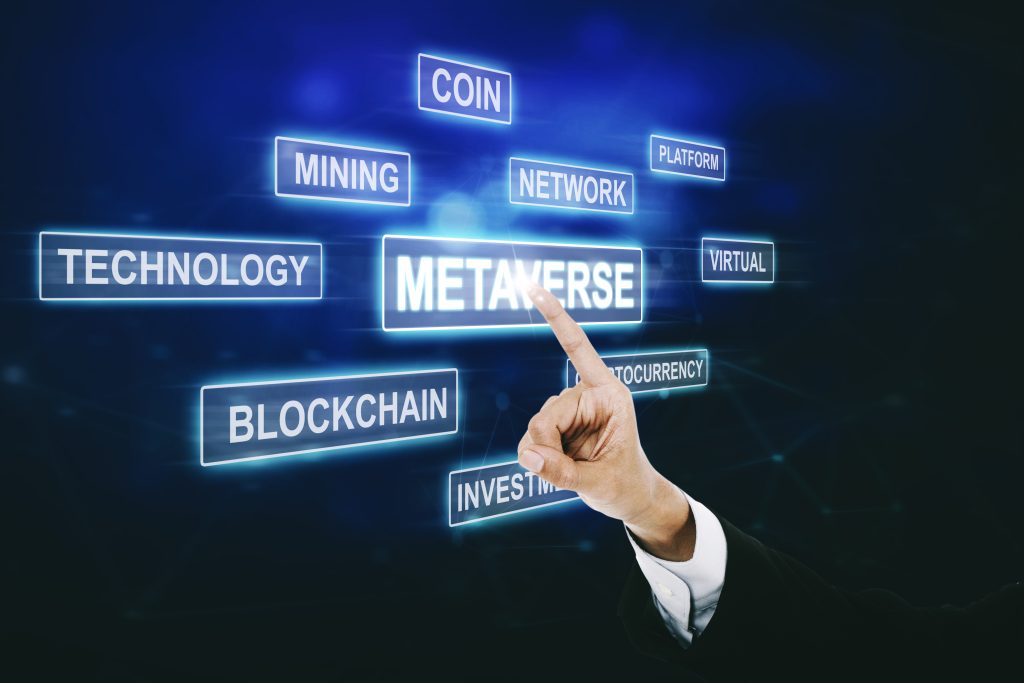

Blockchain domains are not just about unique online addresses; they offer a wide range of applications:
- Digital Address for Websites: Blockchain domains can be connected to websites, supported by browsers like Brave and Opera.
- Cryptocurrency Transactions: Instead of complex crypto addresses, users can send and receive crypto using simple names like john.crypto.
- Digital Identity: Blockchain domains serve as a digital identity, enhancing privacy and security.
- Marketing and Branding: Businesses can leverage blockchain domains for innovative marketing strategies.
- Integration with Decentralized Apps (dApps): Users can connect their blockchain domain to various dApps and metaverse worlds.
For example, Blockchain.com supports sending crypto to blockchain domains from Unstoppable Domains, Ethereum Name Service (ENS), and Yat. It’s a real-world application that’s simplifying crypto transactions and enhancing user experience.
Legal Considerations and Brand Protection
The rise of blockchain domains has brought legal considerations and challenges to the forefront. Similar to the cybersquatting issues of the 1990s, the world of blockchain domains is witnessing a surge in “cryptosquatting.” This involves registering blockchain domains that infringe on trademark rights, leading to potential legal disputes.
Enforcing trademark rights against a blockchain domain is complex, as there’s no alternative dispute resolution system like the Uniform Domain-Name Dispute-Resolution Policy (UDRP). However, companies like IP Twins offer cryptodomain monitoring services to detect infringements and help brand owners enforce their rights.
In some cases, legal action may be required to obtain a court injunction against the holder of the infringing blockchain domain. For example, if the domain is for sale on an NFT marketplace platform like OpenSea, legal intervention might be necessary.
The immutability of crypto assets adds another layer of complexity, as only the owner of the blockchain domain has the power to “burn” or remove it. This makes legal enforcement challenging and emphasizes the importance of proactive monitoring and protection strategies.
The legal landscape of blockchain domains is still evolving, and brand owners must navigate this new terrain with caution and expertise. It’s a dynamic space that requires a deep understanding of both technology and law, reflecting the multifaceted nature of the blockchain domain ecosystem.
Benefits and Drawbacks of Blockchain Domains


Blockchain domains are revolutionizing the way we interact with the digital world, offering numerous advantages. One of the most significant benefits is immutability, meaning that once a blockchain domain is minted, it cannot be altered or removed. This ensures the authenticity and uniqueness of the domain, providing a secure digital identity.
Another advantage is the ease of use in financial transactions. With blockchain domains, sending and receiving cryptocurrency becomes as simple as typing a name like john.crypto. It eliminates the need for complex crypto addresses, reducing the risk of errors.
However, blockchain domains are not without challenges. The legal issues surrounding them are still evolving, and the lack of a standardized dispute resolution system can lead to complications. The principle of immutability, while a strength, can also be a drawback when it comes to enforcing intellectual property rights.
Technological barriers may also limit the adoption of blockchain domains. Not all browsers support crypto top-level domains, and the process of minting and managing a blockchain domain might be daunting for non-tech-savvy users.
The Future of Blockchain Domains
The future of blockchain domains is bright and filled with potential. With the rise of Web 3.0, decentralized finance (DeFi), and the metaverse, blockchain domains are poised to play a central role.
Integration with metaverse worlds and decentralized apps (dApps) is already underway, allowing users to use their blockchain domain names as usernames across various platforms. The growth of the NFT market has also fueled the popularity of blockchain domains, as they exist on the blockchain as NFTs and can be traded on marketplaces like OpenSea.
The market insights indicate a growing trend in the adoption and trading of blockchain domains. For example, the most expensive Ethereum Name Service .eth domain name ever sold was 000.eth for 300 ETH or $316,980 in July 2022.
Conclusion
Blockchain domains are more than just a novel concept; they are a transformative technology reshaping the digital landscape. From providing a secure and unique digital identity to simplifying cryptocurrency transactions, the benefits are manifold.
Yet, it’s essential to recognize the challenges, such as legal complexities and technological hurdles, that accompany this innovation. Navigating these challenges requires understanding, adaptability, and a forward-thinking approach.
The future of blockchain domains is promising, with endless possibilities for integration, growth, and evolution. Whether it’s connecting with the metaverse, trading on NFT marketplaces, or enhancing digital security, blockchain domains are a significant step towards a decentralized and democratized digital world.
As we continue to explore and adopt blockchain domains, we are not just embracing a new technology; we are participating in a movement that’s redefining our online existence. It’s an exciting journey, and the path is filled with opportunities, innovations, and discoveries.

